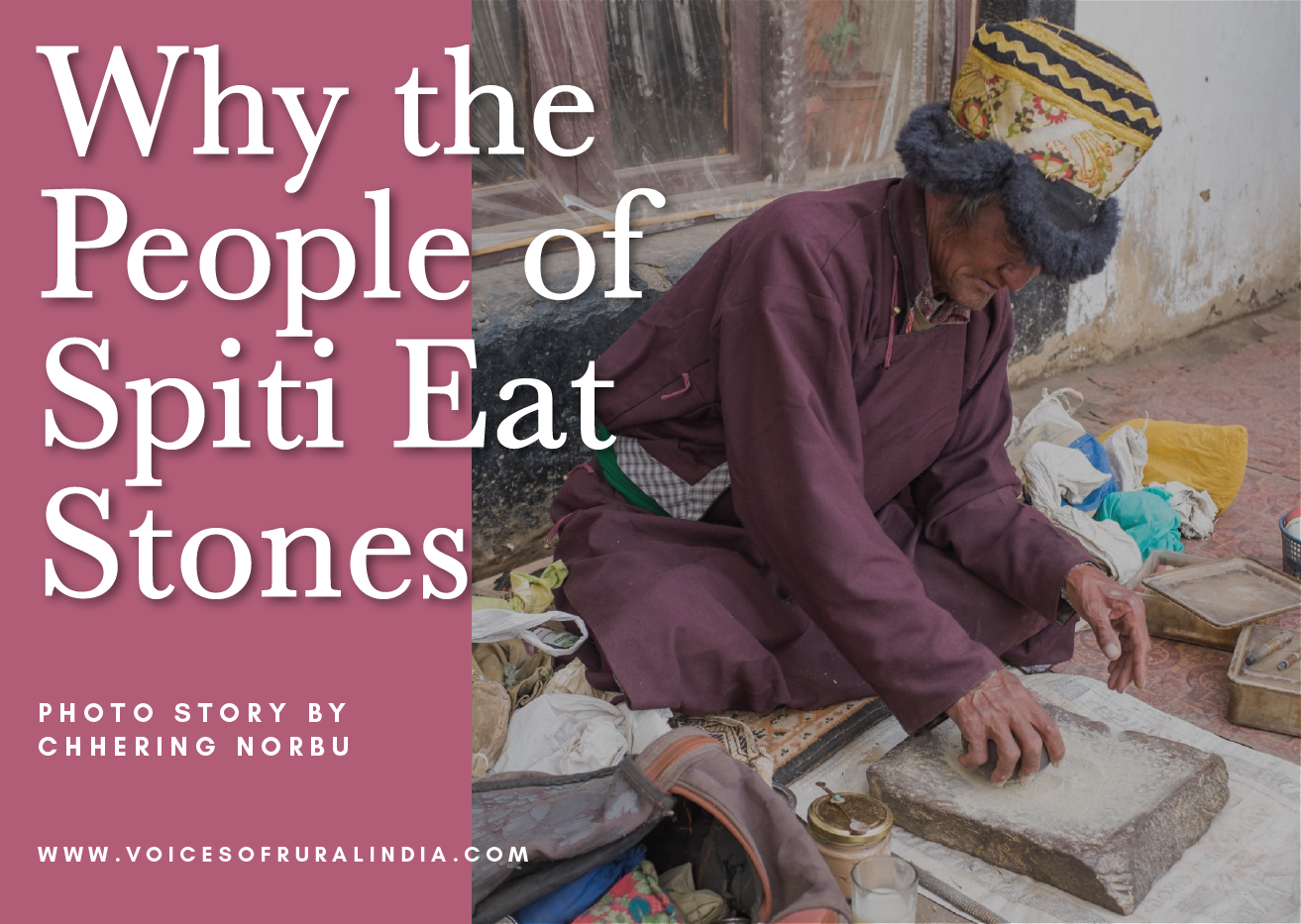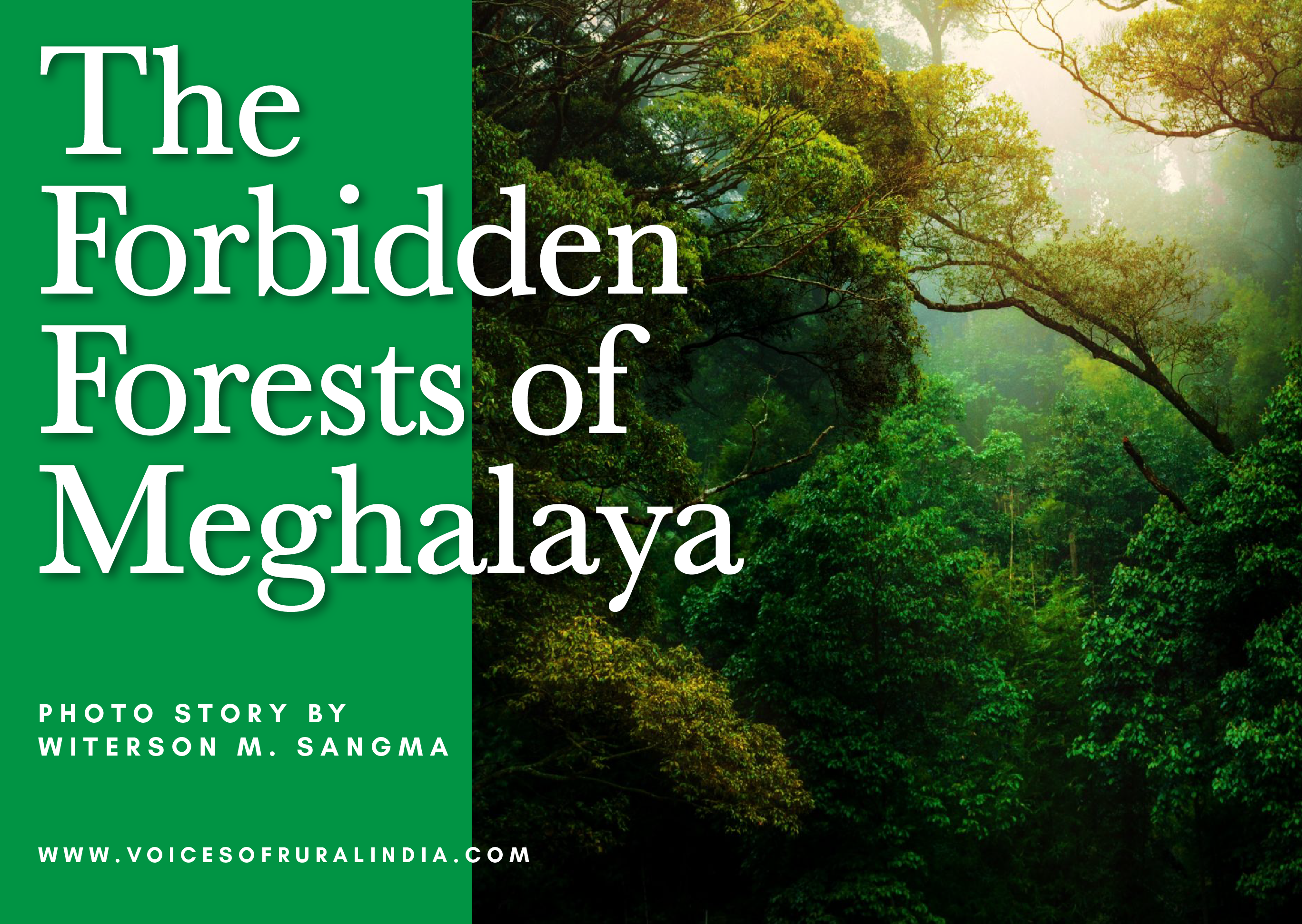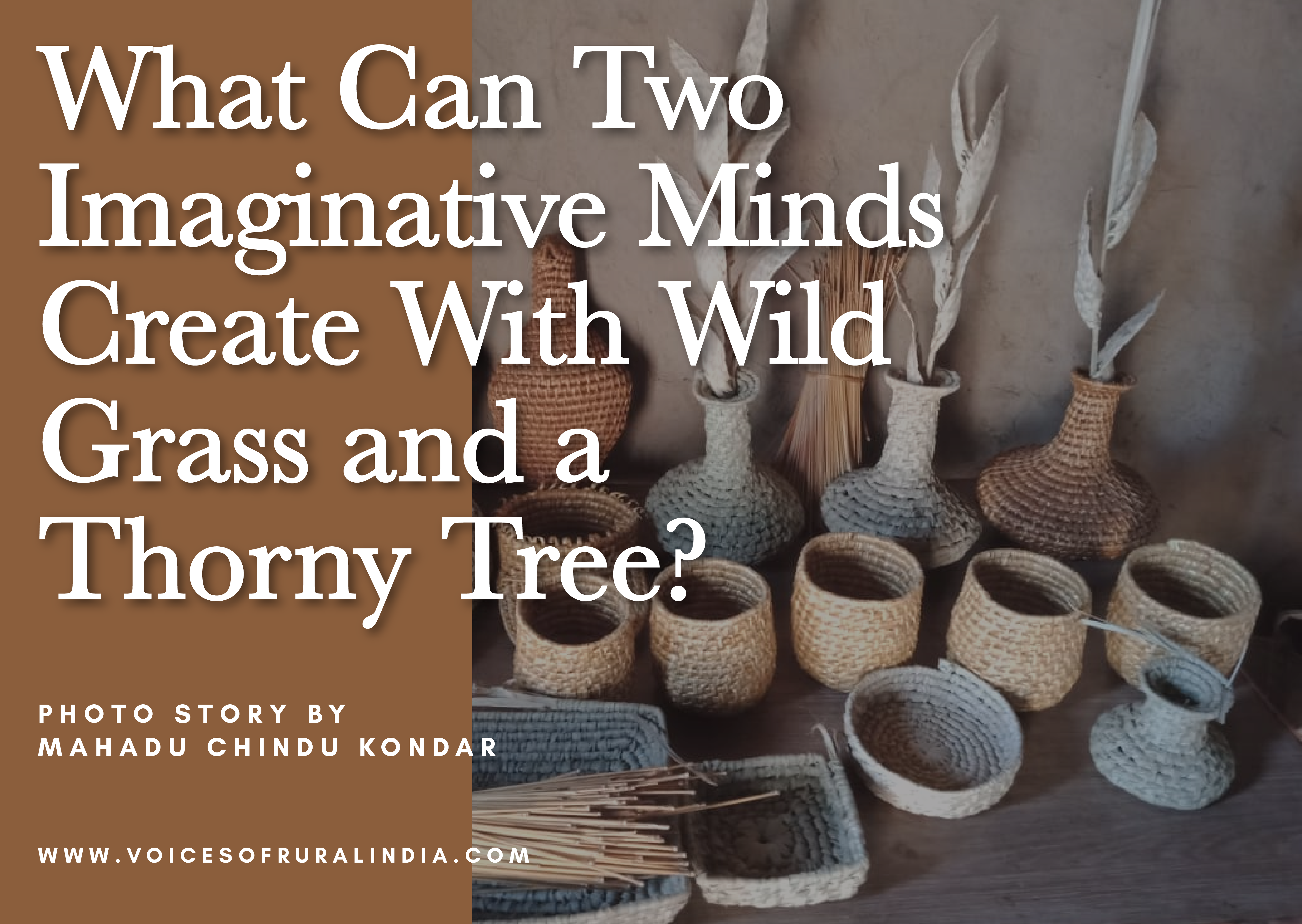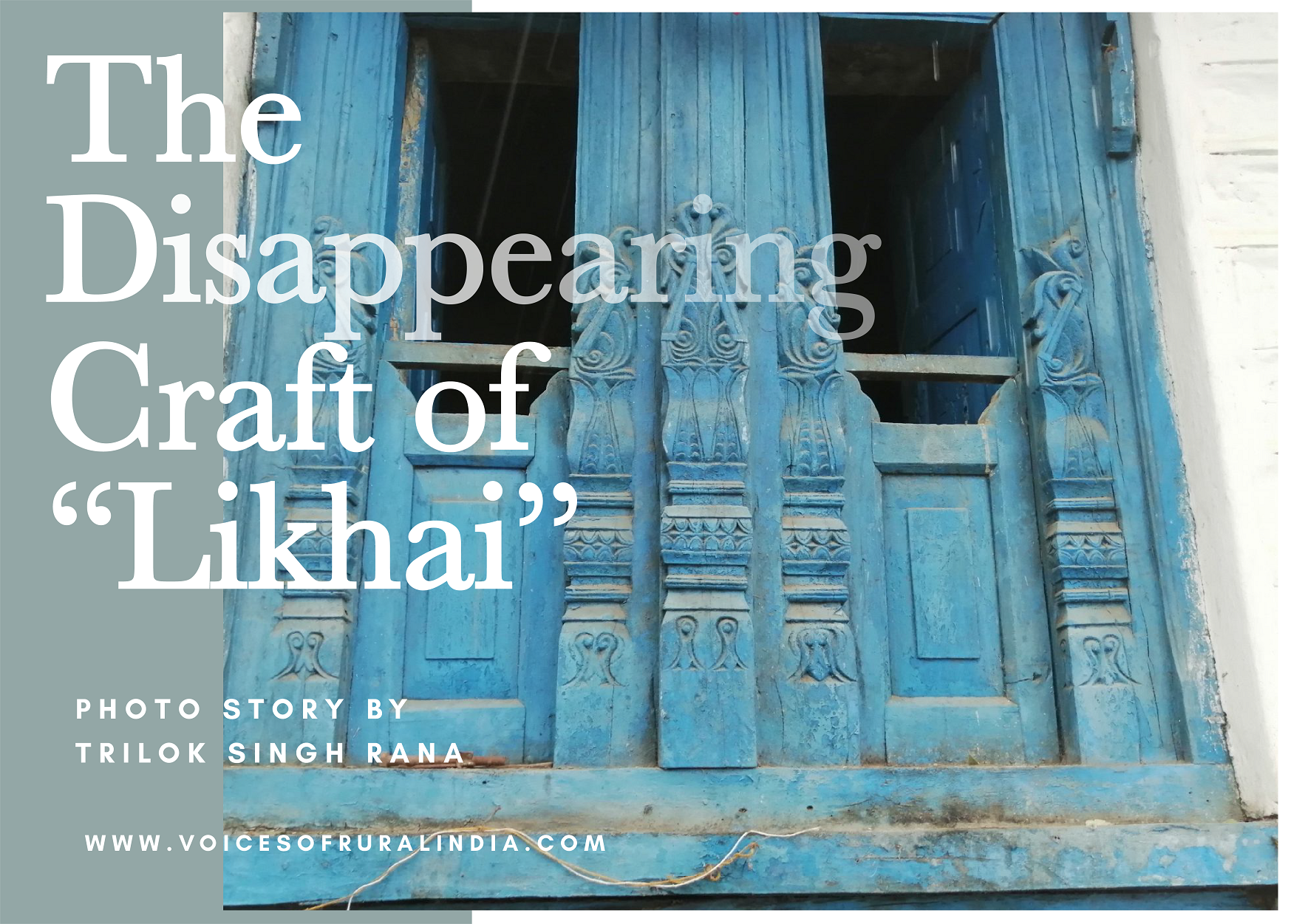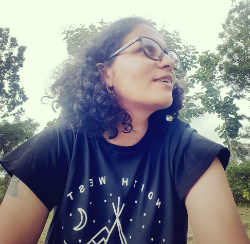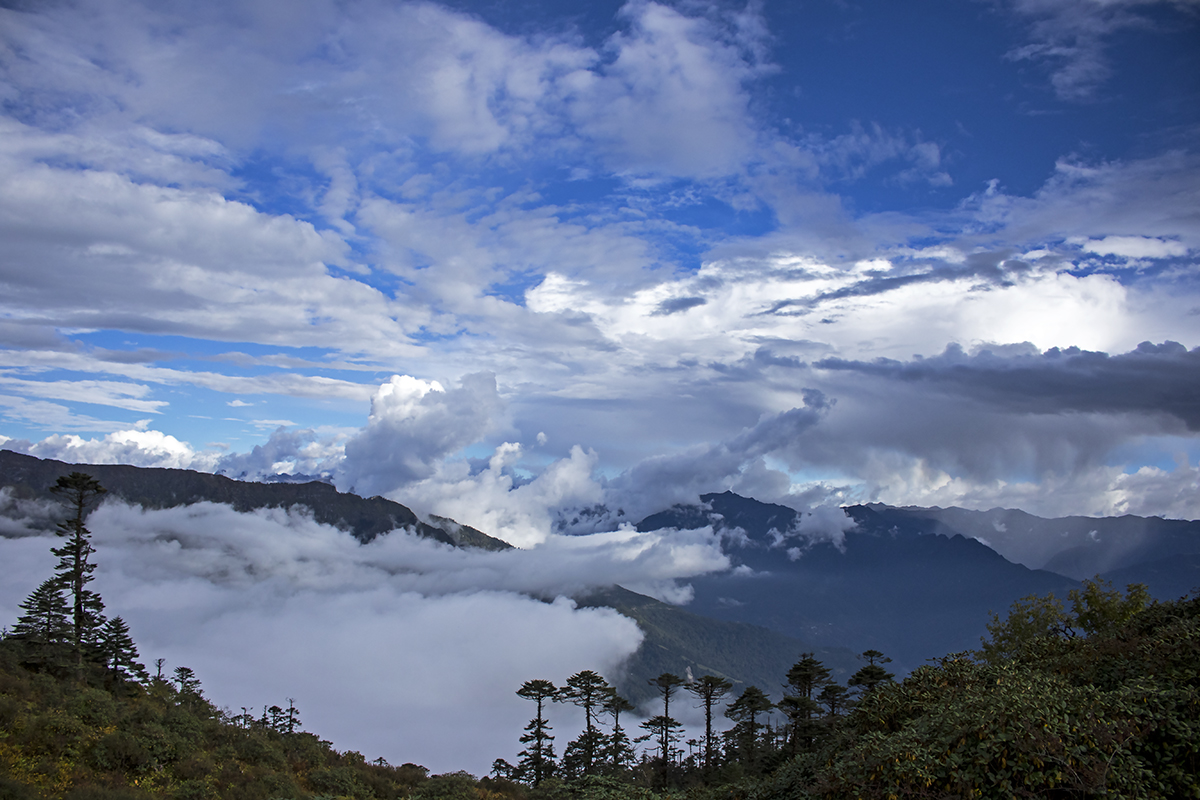
Gana Kedlaya, Co-founder of Backyard Camp
As we all collectively shoulder the grief and impact of the ongoing Covid-19 crisis, let's also take time to reflect and understand our surroundings better. In today's digital world, if you are keeping time, then do remember, you are what you share (online). With no hope for immediate travel in the near future, can we try and understand the impact of our travel (digital) footprint on the planet?
Should you geo-tag or should you not…
Last year, around this time, my husband and I chanced upon this little piece of isolated haven high up in the mountains – a cyan blue, cheerfully gurgling icy cold river, freely dancing its way down impossibly engaged rocks, fenced off by gigantic black hills and an impenetrable thick forest. It was all shockingly green and black, crazed with birdcalls and, most importantly, with little or no signs of human telltales. When I did share a picture or two of the place, there was never a mention of the location. Despite many asking, our responses were less generous and never to the point.
Now, I’ve asked myself this question many times - does this make me a selfish person, not wanting to publicly share locations in beautiful places or experiences? Why share an image at all to begin with? Who am I to determine who should go where and what to experience? I’ve never geo-tagged so far and don’t intend to in the future too. Here I attempt to explain why I do this and maybe, why you should too:
The impact of the digital world
A lot of places I have revisited after 10 years look like they have had little or no control over what’s being done to them, but many desperately hang on to the primitive laws of survival (please picture the 4,700 years old bristlecone pine tree and not anything savage. Unfortunately, stereotyped words like primitive have done enough damage to our ancestors already). I’m not talking about cities, but about remote hills with little over 10 families, of camping spots under tress near sanctuaries, places you could stargaze listening to waves talk in front of beaches that were incommunicado, simply because no one really did pour over them. And why should they have – these places and experiences were common and for all to take. They’ve been around for eons, and served the locals the best they could, and in exchange, were endorsed to retire with grace. Everything was fine, until the arrival of smart phones and social media, of course.
So, what changed? The same beaches we sat about doing nothing, the old forests where we spotted our first porcupine, an aging ficus that sheltered a tent – now became exotic, out-of-this-world, a life-changing interaction. Every little place, popular or not was suddenly turned into a public figure, and who doesn’t want to meet one, share pictures with one, and talk about it to the world? In other words, what we’ve done with these ordinary experiences, the never-changing charm of the outdoors and wilderness was make it part of our agenda – for social approval, acceptance, for the want of being first, for records, and for ourselves, period!
We all know what came after – pristine places losing their luster to trash, wildlife being harassed by pursuing photographers, wild places unable to deal with gazillion footfalls, withering away, and locals losing their prized freedom, privacy.
The power of small actions
We know the impact over-tourism has on places across the globe. Our geo-tagged images could put wildlife in danger by making information easily accessible to poachers; that simple post of a secluded mountain lake could change its fate like its remaining peers that are now polluted, despite being placidly hidden for most part of civilization, and many fragile ecosystems collapsing under over exposure. If anything, the current trajectory for most of these places is probably off the cliff!
So, should you still continue to geotag at all?
Well here’s my rationale! This whole rap about “issues” facing the world is so passé, none of these problems are new! We know what war does to humanity, what chopping trees do to the ecosystem and the climate, about corporate manipulation, about ideologies and corrupt governments, about racism, religion, and over consumption – we also know about poverty, the dead and the dying. But what has this collective knowledge actually led to? Just history repeating itself and a world progressing with overzealous ambition on a vulnerable planet, probably on its last legs.
We might not have the will to change everything, but we are all entitled to one of the most powerful of resolutions – the power to choose. And this is the power I chose and exploit unabashedly—to constantly fight against relentless conditioning and strive to better understand sans majoritarian influences, hence, to make the most of the readily available dual mana – “free will”.
While we are constantly looking at the larger problems, we have forgotten the power of small actions or no action. Because what you decide to choose, you can change! Hence, I choose to not disclose information of places I visit, of the yummiest meal cooked by a local in the hills, of the wild horses that roam around free even today, or of the rarest flower that blooms at certain seasons in the forest! It may mean nothing – who cares about one person posting a single attractive picture of a place, right? Well, you are wrong! It’s those one-off images, coupled with the oh-so-poetically articulated message to inspire and entice that have led to the destruction of even the smallest of hillocks by overtourism. Which is why, several places like the Komodo Island, Faroe Island, Fjadrargljufur Canyon, Walker Canyon, Everest Basecamp from China and Bloemenmarkt market had to be forcefully shut to tourists lately.
But then why share an image at all to start with? To simply remind the world, one image at a time, that this earth is beautiful, there are still many things to be thankful for, to slowly nudge the majority away from the rat race and to maybe, subtly validate the pace of nature and wildlife – slow, patient, thankful and ever giving.
It’s not that everyone who geotags is aware of the consequences. I remember, in my early 20s, having haggled my friends to make their travel blogs public, to share details of their adventures, and having hassled them endlessly to give me ‘exact’ locations. Today, several years later, I want to thank each of them for not giving away details, for never making it easy, for being good-naturedly selfish and, hence, making this journey of exploration and learning so much more personal and long-winding, with no short cuts.
This is it – if this is being selfish, well, cheers to that and small actions of choice and change. Let's do this, responsibly.
